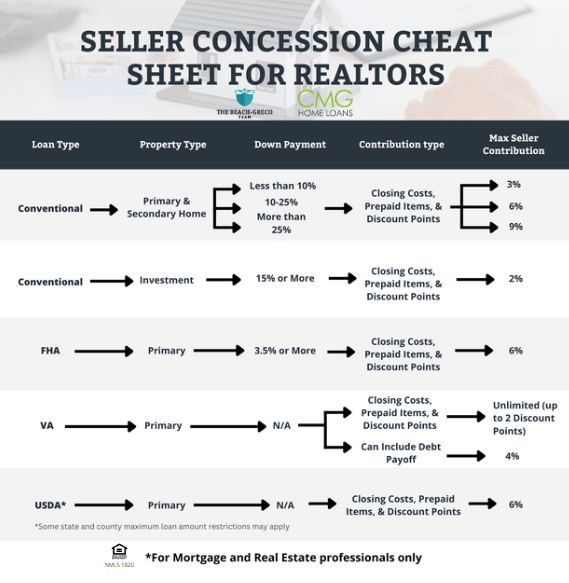Understanding Bridge Loans: A Simple Guide
Navigating the real estate market can be challenging, especially when you're trying to buy a new home before selling your current one. Enter the bridge loan—a handy financial tool designed to "bridge" the gap between these transactions.
What Exactly Is a Bridge Loan?
A bridge loan is a short-term loan that lets you tap into your home's equity to fund the down payment for a new property. This means you can secure your dream home without waiting for your existing one to sell. It's particularly useful in competitive markets where sellers are less inclined to accept offers contingent on the sale of another property.
How Does It Work?
Here's a straightforward breakdown:
-
Loan Types:
- First-Mortgage Bridge Loan: This loan pays off your current mortgage and provides additional funds for the new home's down payment. Essentially, it replaces your existing mortgage.
- Second-Mortgage Bridge Loan: This loan adds to your existing mortgage, giving you the necessary funds for the down payment without altering your original loan.
-
Borrowing Limits: Typically, you can borrow up to 75% of your home's value. So, if your home is valued at $400,000, you might access up to $300,000.
-
Repayment Terms: Bridge loans are short-term solutions, usually requiring repayment within 12 months or less.
Pros and Cons
Pros:
- Quick Access to Funds: Enables you to act swiftly in purchasing a new home.
- Non-Contingent Offers: Strengthens your buying position by removing sale contingencies.
Cons:
- Higher Costs: Expect interest rates between 6.99% to 8%, plus closing costs ranging from 1.5% to 3% of the loan amount.
- Multiple Payments: You might be juggling up to three mortgage payments temporarily.
Is a Bridge Loan Right for You?
Before diving in, assess your financial situation:
- Home Equity: Ensure you have significant equity, as borrowing limits are based on your home's value.
- Debt-to-Income Ratio: Confirm you can comfortably manage multiple payments, even if your income fluctuates.
In essence, while bridge loans offer a convenient pathway to your next home, it's crucial to weigh the benefits against the costs and ensure it aligns with your financial health.
For more information, contact us!
Aundrea Beach-Greco
CMG Home Loans
Mortgage Advisor, CMPS
NMLS 333739
(702) 326-7866 info@aundreabeach.com
www.iLendLasVegas.com




